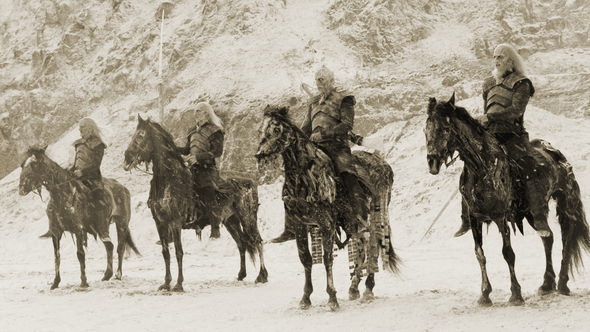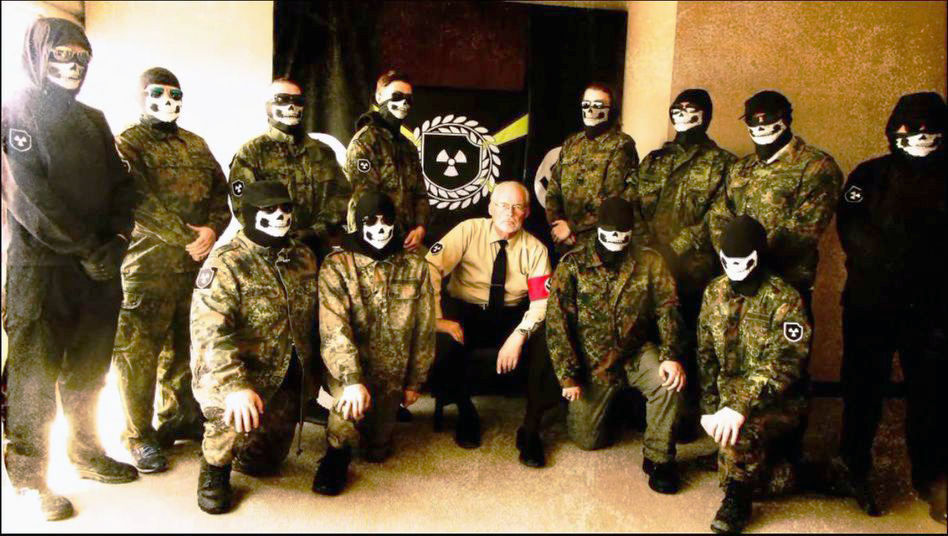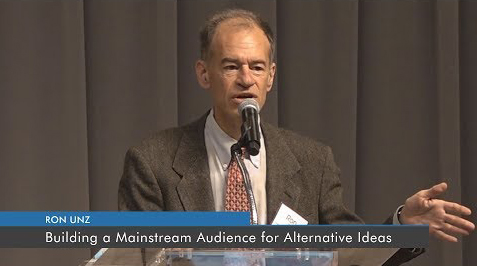I won’t listen to what Stefan Molyneux said yesterday about the coronavirus. I prefer listening to those who don’t have Jewish mothers, like Martenson and Maloney. But I can quote the text below the video. Moly wrote:
______ 卐 ______
 I think most people aren’t aware of the risk of systemic healthcare failure due to COVID19 because they simply haven’t run the numbers yet. Let’s talk math.
I think most people aren’t aware of the risk of systemic healthcare failure due to COVID19 because they simply haven’t run the numbers yet. Let’s talk math.
Let’s conservatively assume that there are 2,000 current cases in the US today, March 6th. This is about 8x the number of confirmed (lab-diagnosed) cases. We know there is substantial under-[detection] due to lack of test kits; I’ll address implications later of under-/over-estimate.
We can expect that we’ll continue to see a doubling of cases every 6 days (this is a typical doubling time across several epidemiological studies). Here I mean actual cases. Confirmed cases may appear to rise faster in the short term due to new test kit rollouts.
We’re looking at about 1M US cases by the end of April, 2M by ~May 5, 4M by ~May 11, and so on. Exponentials are hard to grasp, but this is how they go.
As the healthcare system begins to saturate under this case load, it will become increasingly hard to detect, track, and contain new transmission chains. In absence of extreme interventions, this likely won’t slow significantly until hitting more than 1% of susceptible population.
What does a case load of this size mean for healthcare system? We’ll examine just two factors—hospital beds and masks—among many, many other things that will be impacted.
The US has about 2.8 hospital beds per 1000 people. With a population of 330M, this is ~1M beds. At any given time, 65% of those beds are already occupied. That leaves about 330k beds available nationwide (perhaps a bit fewer this time of year with regular flu season, etc).
Let’s trust Italy’s numbers and assume that about 10% of cases are serious enough to require hospitalization. (Keep in mind that for many patients, hospitalization lasts for weeks—in other words, turnover will be very slow as beds fill with COVID19 patients.)
By this estimate, by about May 8th, all open hospital beds in the US will be filled. (This says nothing, of course, about whether these beds are suitable for isolation of patients with a highly infectious virus.)
If we’re wrong by a factor of two regarding the fraction of severe cases, that only changes the timeline of bed saturation by 6 days in either direction. If 20% of cases require hospitalization, we run out of beds by ~May 2nd.
If only 5% of cases require it, we can make it until ~May 14th. 2.5% gets us to May 20th. This, of course, assumes that there is no uptick in demand for beds from other (non-COVID19) causes, which seems like a dubious assumption.
As healthcare system becomes increasingly burdened, Rx shortages, etc, people with chronic conditions that are normally well-managed may find themselves slipping into severe states of medical distress requiring intensive care and hospitalization. […]







